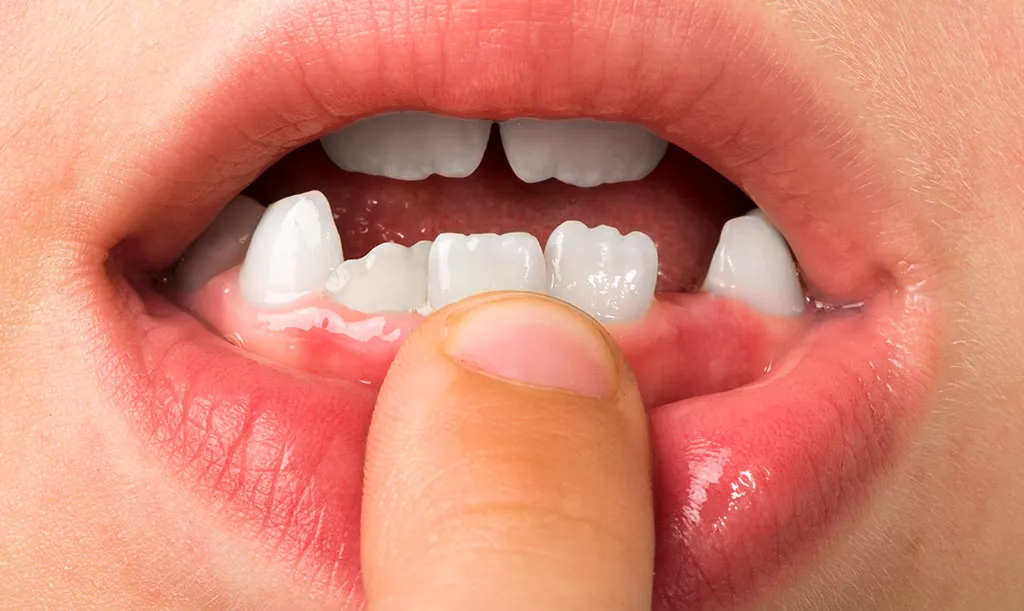Children's oral and dental health lays the foundation for lifelong healthy habits. Therefore, the first dental checkup is important not only for checking the teeth but also for establishing a positive relationship with the child's dentist.
So, when should the first examination take place, how does it take place, and what should parents pay attention to during this process?
📅 When Should the First Dental Exam Be Performed?
Experts recommend having your child's first dental checkup after their first tooth appears, or at the latest, at age 1. This early visit allows for an assessment of their development and allows for the timely start of preventive dental care.
👩⚕️ What is done during the first examination?
The first appointment is usually brief and allows the child to familiarize himself with the environment. The main procedures performed during the examination include:
- Teeth and gum control: Situations such as the number of teeth, their alignment, decay or anomalies are evaluated.
- Examination of the jaw and mouth structure: Developmental processes are followed.
- Information about oral hygiene: Suggestions regarding brushing method, products used and nutrition are offered.
- Review of habits: Behaviors such as pacifier, bottle use, and thumb sucking are evaluated.
👨👩👧👦 What Should Families Pay Attention to?
Families play a crucial role in ensuring that the first visit leaves a positive impression on the child. Here are some important points to consider:
- Preparation Process
- Before the appointment, simple and positive explanations can be made to the child, such as that he/she will meet the dentist and have his/her teeth counted.
- It may be helpful to show positive books or videos about the dentist.
- Right Timing
- Scheduling the appointment at a time when the child is not hungry or tired will make the process go more smoothly.
- Use of Positive Expression
- Instead of expressions like “Don’t be afraid, it won’t hurt,” neutral and descriptive sentences like “The doctor will look at your teeth, you will count them together” should be preferred.
- Supportive Attitude
- It is recommended to be with the child but not to interfere with his/her communication with the dentist.
- After the first examination, the child's positive behavior must be appreciated.
Tracking and Habit Development
Following the initial examination, regular checkups every six months are recommended. These checkups not only monitor the condition of the teeth but also strengthen the child's trust in the dentist.
Also in this process;
- Gaining the habit of brushing teeth twice a day,
- Controlled consumption of sugary foods,
- It is important to support basic hygiene habits, such as paying attention to night feedings.
Conclusion
The first dental checkup is a crucial step in fostering healthy oral and dental development, as well as fostering a positive bond with the dentist. Families approaching this process with preparation and adhering to the dentist's recommendations are key to children's dental health.
This text is intended to provide general information. The appropriate treatment method for each patient may vary, and therefore, a dentist who is an expert in the field should be consulted. Before making any decision regarding dental health, it is of great importance that you have a detailed examination and consultation with your physician. These articles are for informational purposes only and are not intended to replace professional medical advice.



 by
by